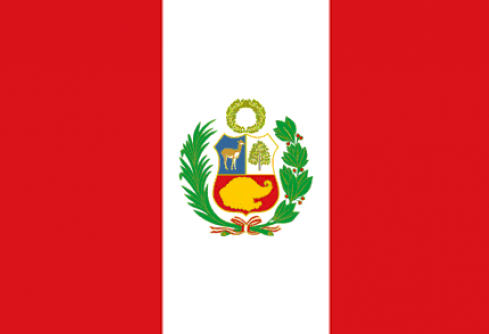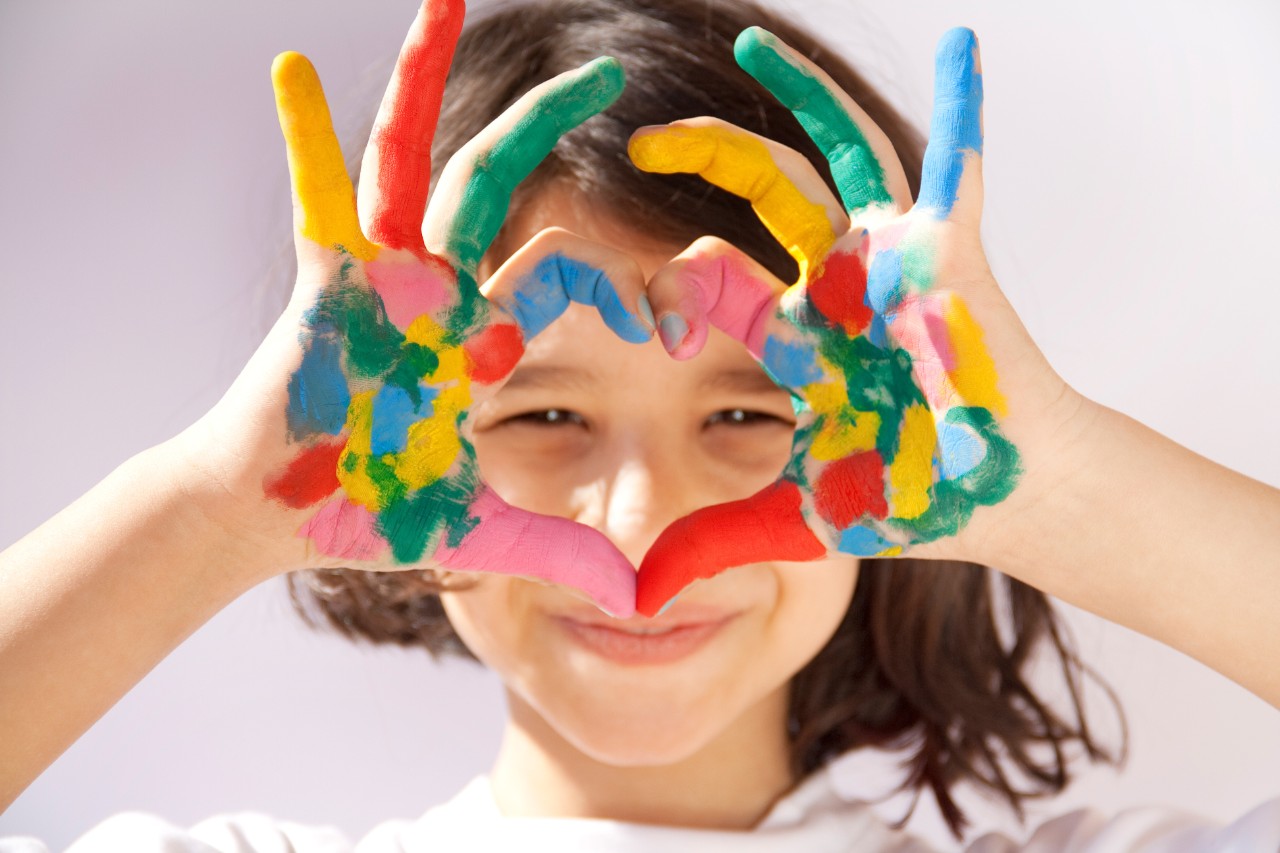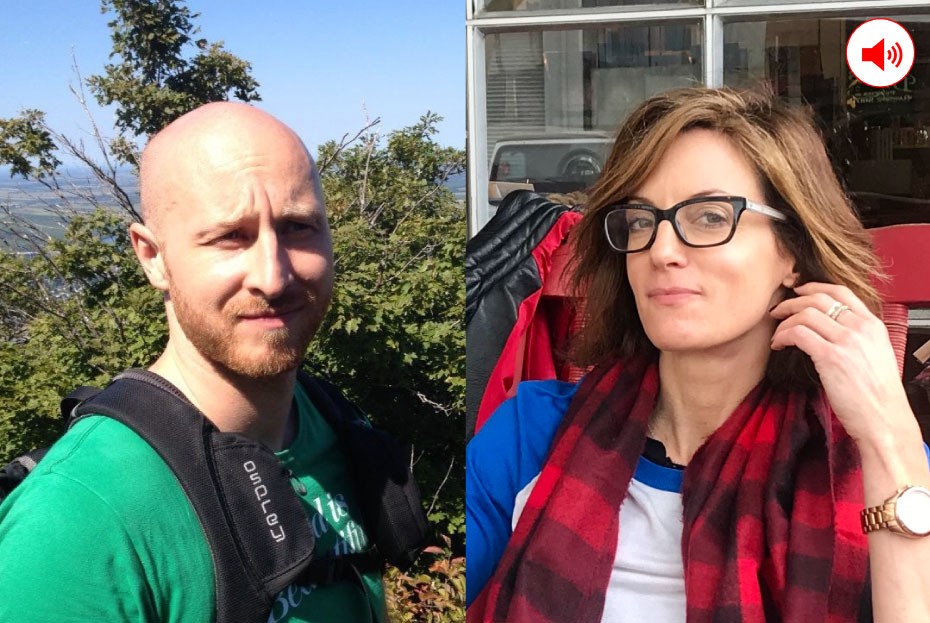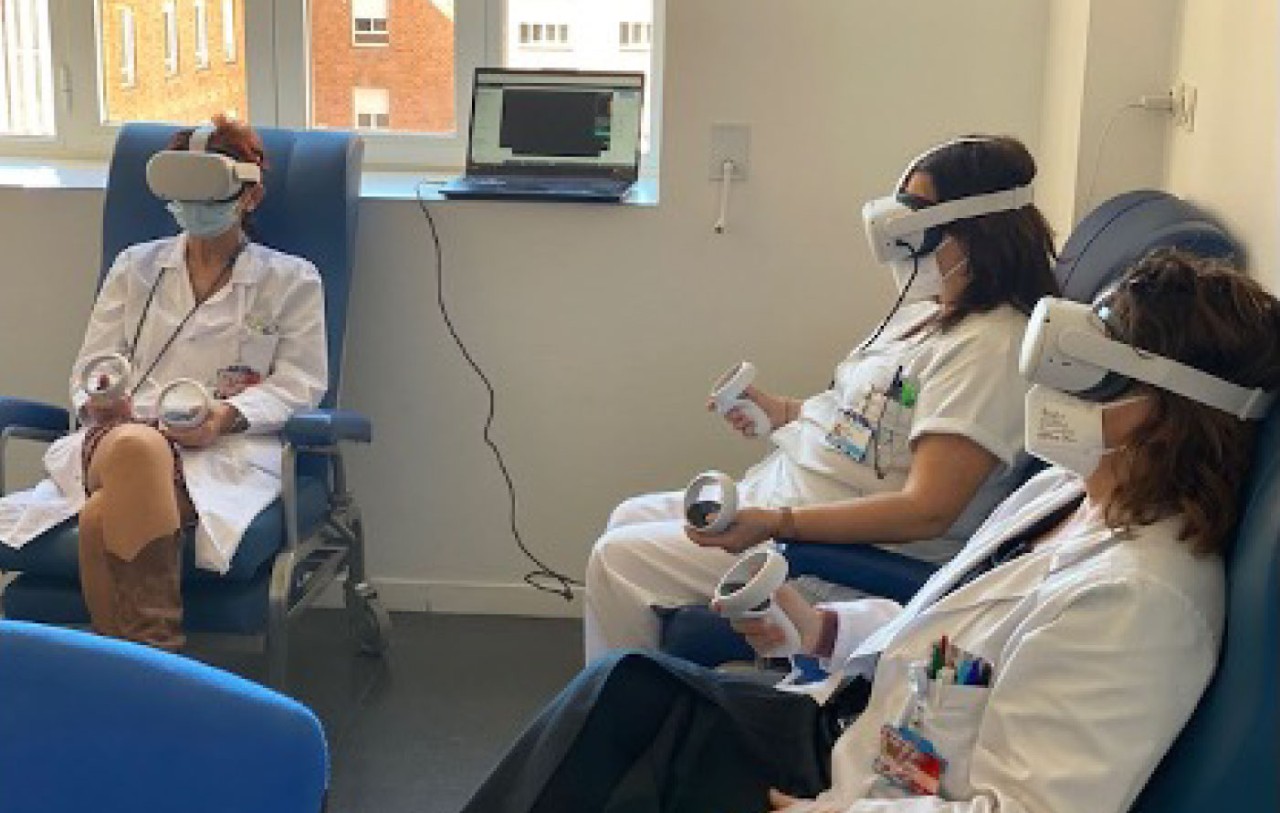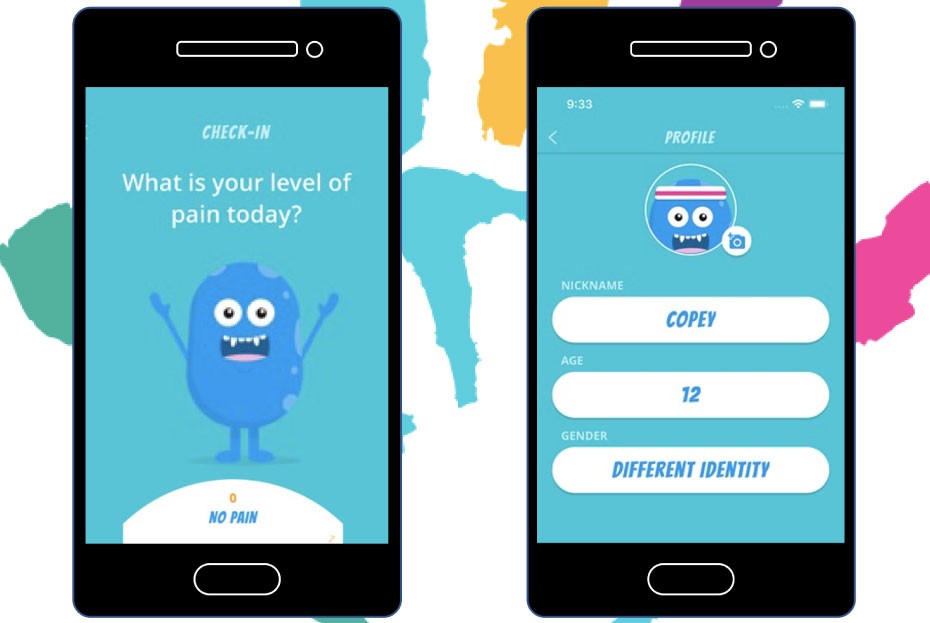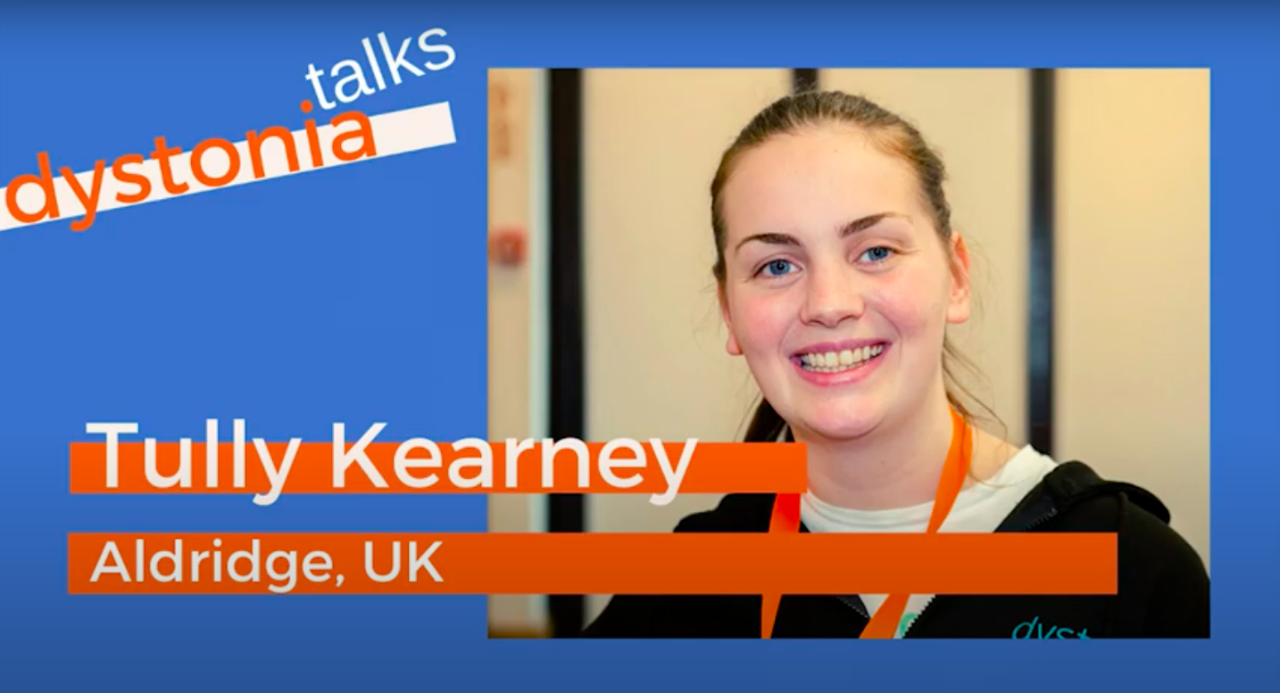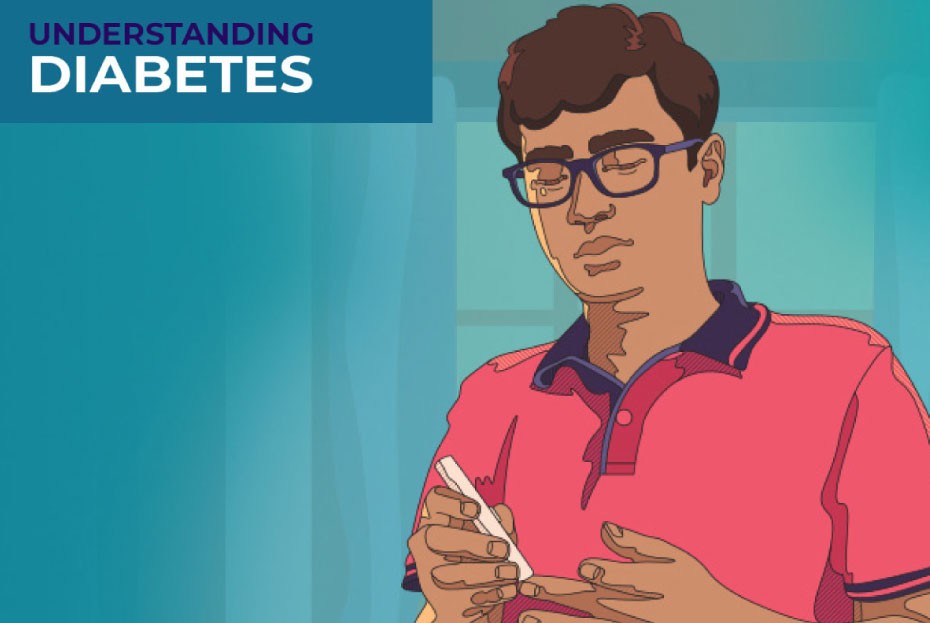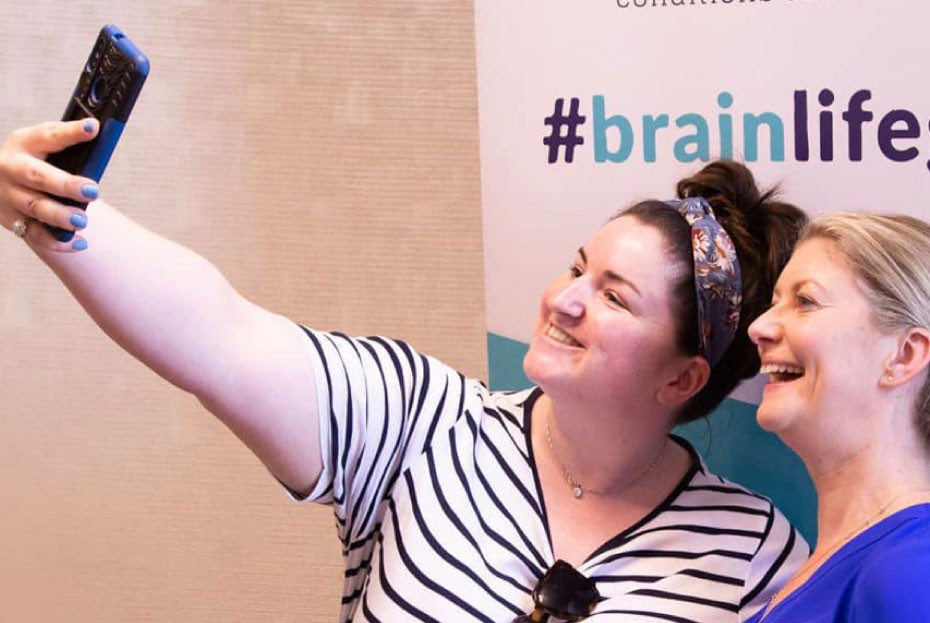Changing the lives of sick children online
Bátor Tábor Hungary is dedicated to providing life-changing experiences to seriously ill and hospitalised children in Central Europe. During the pandemic, they transformed their therapeutic camps to online home camps to facilitate home bonding and improve family relationships.
The specially-launched microsite mimics the camp’s map, allowing users to wander virtually and find the content in a joyful ride. It includes an online knowledge bank gathering a repertoire of games and ideas based on their therapeutical recreation methodology.
Over six months, they were able to support 2,000 participants fight the mental consequences of the long-term isolation of social distancing.
Parkinson’s Life podcast
The award-winning Parkinson’s Life podcast from Parkinson’s Europe gives voice to the global Parkinson's community, bringing powerful, life-changing stories of hope.
In each episode, two guests affected by Parkinson's discuss openly and honestly how it impacts their lives, tackling the stories that matter to people with Parkinson’s such as loneliness, relationships, and day-to-day living.
With 15,000 subscribers, the podcast shows its positive impact to the international Parkinson’s community.
Virtual relaxation to support front-line health workers
The psychological impact to health professionals during the COVID-19 pandemic has been considerable, with high levels of anxiety, depression, insomnia and stress. The Hospital Clínico San Carlos, Madrid, Spain, proactively addressed this issue for their staff by developing an innovative digital programme.
In a series of virtual relaxation sessions using 3D glasses, the professional is immersed into a 360º digital environment, tailored to combat their personal situation according to a digitised psychiatric assessment using an Avatar and Chatbot.
ICanCope Post-Op App
The National University of Ireland Galway research group is adapting an mHealth platform which aims to manage post-operative pain in adolescents with scoliosis. As well as pain, many children report difficulties with sleep, anxiety, and school functioning.
The iCanCope Post-Op Smartphone App will enable children between the ages of 12-18 years to address their post-operative pain, day or night, and at any stage in their post-surgical journey with symptom tracking, goal setting, a library of tools and support strategies. Currently in the research phase, the app is being tested to see how it impacts the child’s feeling of wellbeing, assists in disease management, and prevents further complications. If successful, it will be a very exciting prospect for the future of adolescent scoliosis surgical recovery.
This programme is sponsored by the Children’s Health Foundation and Children’s Health Ireland. The original iCanCope digital platform was invented by Dr. J. Stinson and Dr. C. Lalloo, Canada.
Dystonia Talks
Dystonia is a little-known brain disorder, and not only among the public. Recent studies show that 40% of dystonia patients wait two to five years before correct diagnosis because of a lack of understanding of the disorder among healthcare professionals.
Dystonia Talks is a digital project which aims to raise awareness about dystonia from the perspectives of patients, healthcare professionals and experts. The aim is to help speed up diagnosis and access to treatment, thus granting a better quality of life for dystonia patients.
The first Dystonia Talks videos were released during Dystonia Awareness Month in September 2019 and can be viewed on the Dystonia Europe Youtube channel.
Understanding Diabetes
Diabetes affects one in ten people worldwide. Understanding the condition is the first step to preventing and managing it.
The new Understanding Diabetes platform created by the International Diabetes Federation (IDF) features a selection of free interactive courses on various aspects of diabetes care and management.
By simplifying this complex multi-faceted disease, IDF is addressing the need to make information accessible to support the millions of people affected to make informed decisions about their condition.
“Our goal is to provide education today to protect tomorrow" Prof. Andrew Boulton, President of IDF.
#BrainLifeGoals
We all have dreams that we wish for in our lives. We can write them down in a secret diary or voice them publicly, for instance by sharing #LifeGoals on social media. Now try to imagine how many of your dreams or life goals would be achievable if you were affected by a neurological disorder.
The European Federation of Neurological Associations #BrainLifeGoals campaign sought to raise awareness of the impact of neurological diseases by highlighting the aspirations of those living with a brain disorder, promoting understanding of neurological conditions and reducing prejudice and stigma.
Digital advocacy projects relating to the campaign – including e-zines, video interviews, websites and interactive games – generated patient-based evidence of the impact of neurological disorders that could be used to inform healthcare provision for effective disease management.














